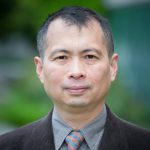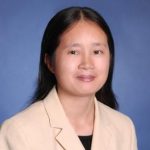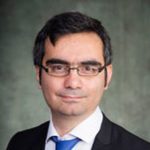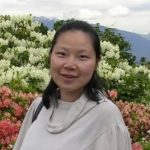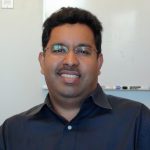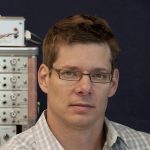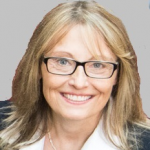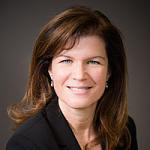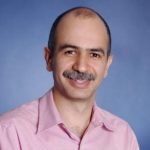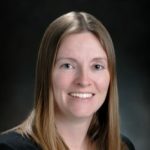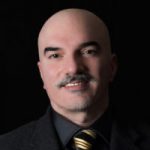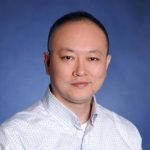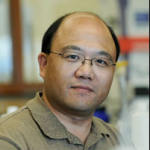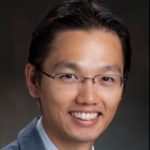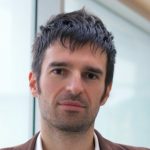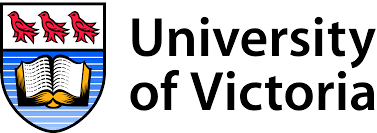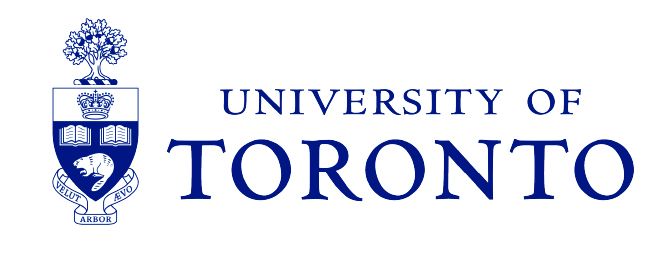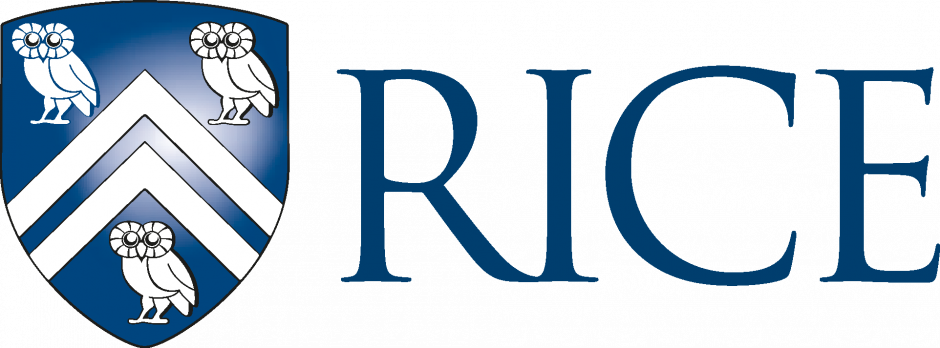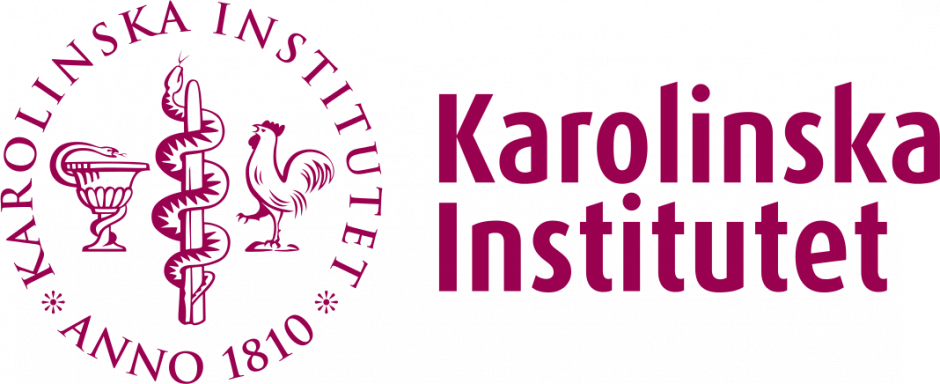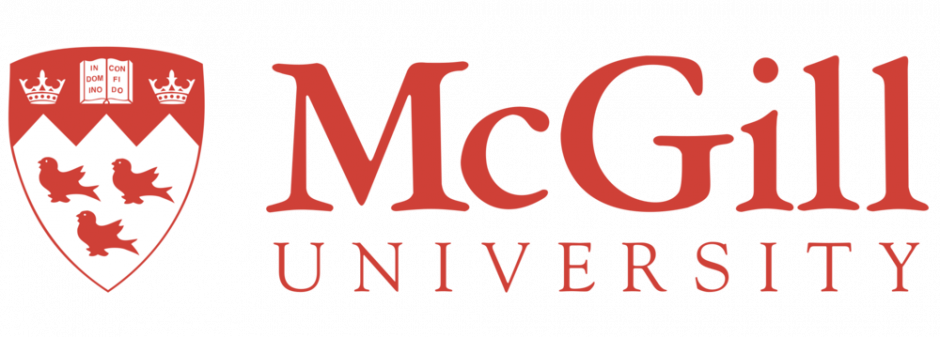Steering Committee
Members
Partners
Bionics Steering Committee
John Madden
April 20, 2018
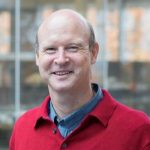
John Madden
Dr. Madden worked as a research scientist at MIT before joining UBC in 2002. He completed his PhD work in the BioInstrumentation Laboratory at MIT. His bachelor’s degree is in Honours Physics, UBC and he has a master’s degree in Biomedical Engineering, McGill. John Madden and his team are investigating new and unusual electronic materials for application in printable electronics, sensors and as artificial muscle, using materials including conducting polymers, carbon nanotubes and electrospun carbon nanofibers.
Karen Cheung
April 20, 2018
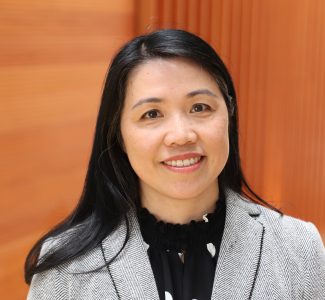
Karen Cheung
Dr. Cheung received her BSc and PhD degrees in Bioengineering from the University of California, Berkeley, in 1998 and 2002, respectively. From 2002–2005, she was a postdoctoral researcher at the Ecole Polytechnique Fédérale de Lausanne, Switzerland. Her research interests include lab-on-a-chip systems for cell culture and characterization, inkjet printing for single cell dispensing, biosensors, and implantable neural interfaces.
Members
Claire Preston
July 2, 2020
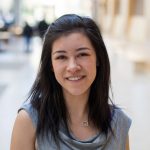
Claire Preston

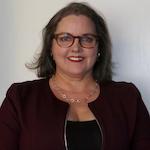
Leanne Currie
January 13, 2023
Leanne Currie Professor Nursing Nursing, Biomedical & Health Informatics University of British Columbia https://nursing.ubc.ca/our-people/leanne-m-currie/
Leanne Currie
January 13, 2023

Leanne Currie

Sukhneet Dhillon
July 2, 2020

Sukhneet Dhillon

Frank Ko
April 20, 2018
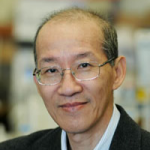
Frank Ko

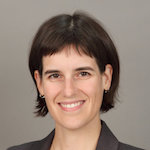
Agnes d’Entremont
January 16, 2023
Agnes d’Entremont Professor Mechanical Engineering Biomechanics, Joint Kinematics & Mechanical Design University of British Columbia https://mech.ubc.ca/agnes-dentremont/
Agnes d’Entremont
January 16, 2023

Agnes d’Entremont

John Madden
April 20, 2018

John Madden
Dr. Madden worked as a research scientist at MIT before joining UBC in 2002. He completed his PhD work in the BioInstrumentation Laboratory at MIT. His bachelor’s degree is in Honours Physics, UBC and he has a master’s degree in Biomedical Engineering, McGill. John Madden and his team are investigating new and unusual electronic materials for application in printable electronics, sensors and as artificial muscle, using materials including conducting polymers, carbon nanotubes and electrospun carbon nanofibers.

Lyndia Wu
January 16, 2023
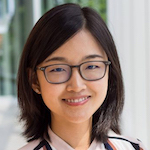
Lyndia Wu

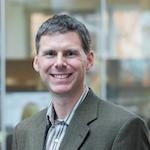
Robert Rohling
January 16, 2023
Robert Rohling Professor Electrical and Computer Engineering, Mechanical Engineering Medical Imaging, Medical Information Systems & Ultrasound Imaging (2D & 3D) University of British Columbia https://ece.ubc.ca/robert-rohling/?login
Robert Rohling
January 16, 2023

Robert Rohling

Carlo Menon
April 20, 2018
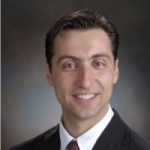
Carlo Menon

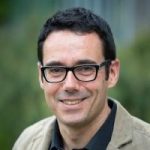
Boris Stoeber
April 20, 2018

,
Boris Stoeber
April 20, 2018

Boris Stoeber

Victor Yang
November 14, 2018
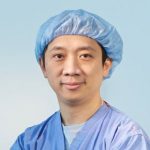
Victor Yang

Gursel Alici
May 30, 2018
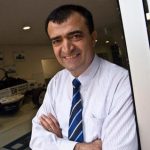
Gursel Alici

Edmond Cretu
November 21, 2018
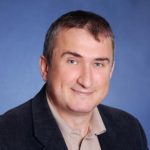
Edmond Cretu

Mirella Dottori
October 4, 2018
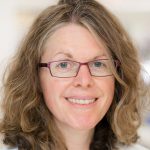
Mirella Dottori

Konrad Walus
April 20, 2018

Konrad Walus
Dr. Walus received his Electrical Engineering degree from the University of Windsor in 2001 and completed his PhD in Electrical Engineering at the University of Calgary in 2005. His research focuses on the applications of nanotechnology in electronic devices. As an example, he is investigating the application of molecular devices as an emerging computational nanotechnology, as well as the application of nanostructured materials in bio- and gas sensing. To exploit the novel properties of nanostructured and organic materials at the micro-scale, Dr. Walus and his team are also applying novel inkjet micropatterning techniques to fabricate micro-devices using functional “inks” consisting of composites of organic polymers infused with nanostructures to augment and enhance performance while also reducing cost. His specific research interests include electronic devices based on molecular quantum-dot cellular automata (QCA) and electronic devices fabricated using inkjet micropatterning including printed sensors, transistors, and LED’s.

Geoff Spinks
November 6, 2018

Geoff Spinks

Gordon Wallace
November 6, 2018
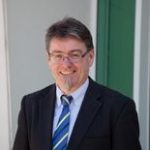
Gordon Wallace

Marc in het Panhuis
November 14, 2018
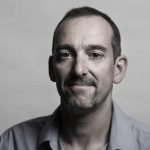
Marc in het Panhuis

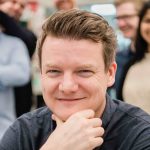
Christian Göritz
July 4, 2020

,
Christian Göritz
July 4, 2020

Christian Göritz

Stephanie Willerth
August 17, 2018
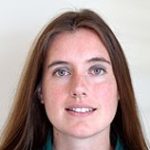
Stephanie Willerth

Alyson Fournier
July 4, 2020
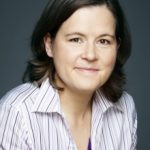
Alyson Fournier

James Tour
July 7, 2020
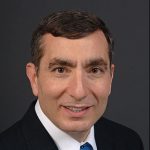
Karim Fouad
July 4, 2020
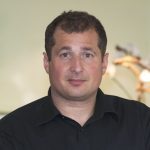
Karim Fouad

Ziliang Ye
July 4, 2020
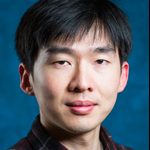
Ziliang Ye

Vanessa Noonan
September 7, 2019

Vanessa Noonan

Molly Shoichet
November 27, 2020

Molly Shoichet

Chris McBride
January 9, 2022
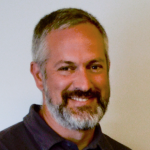
Chris McBride

Karen Cheung
April 20, 2018

Karen Cheung
Dr. Cheung received her BSc and PhD degrees in Bioengineering from the University of California, Berkeley, in 1998 and 2002, respectively. From 2002–2005, she was a postdoctoral researcher at the Ecole Polytechnique Fédérale de Lausanne, Switzerland. Her research interests include lab-on-a-chip systems for cell culture and characterization, inkjet printing for single cell dispensing, biosensors, and implantable neural interfaces.
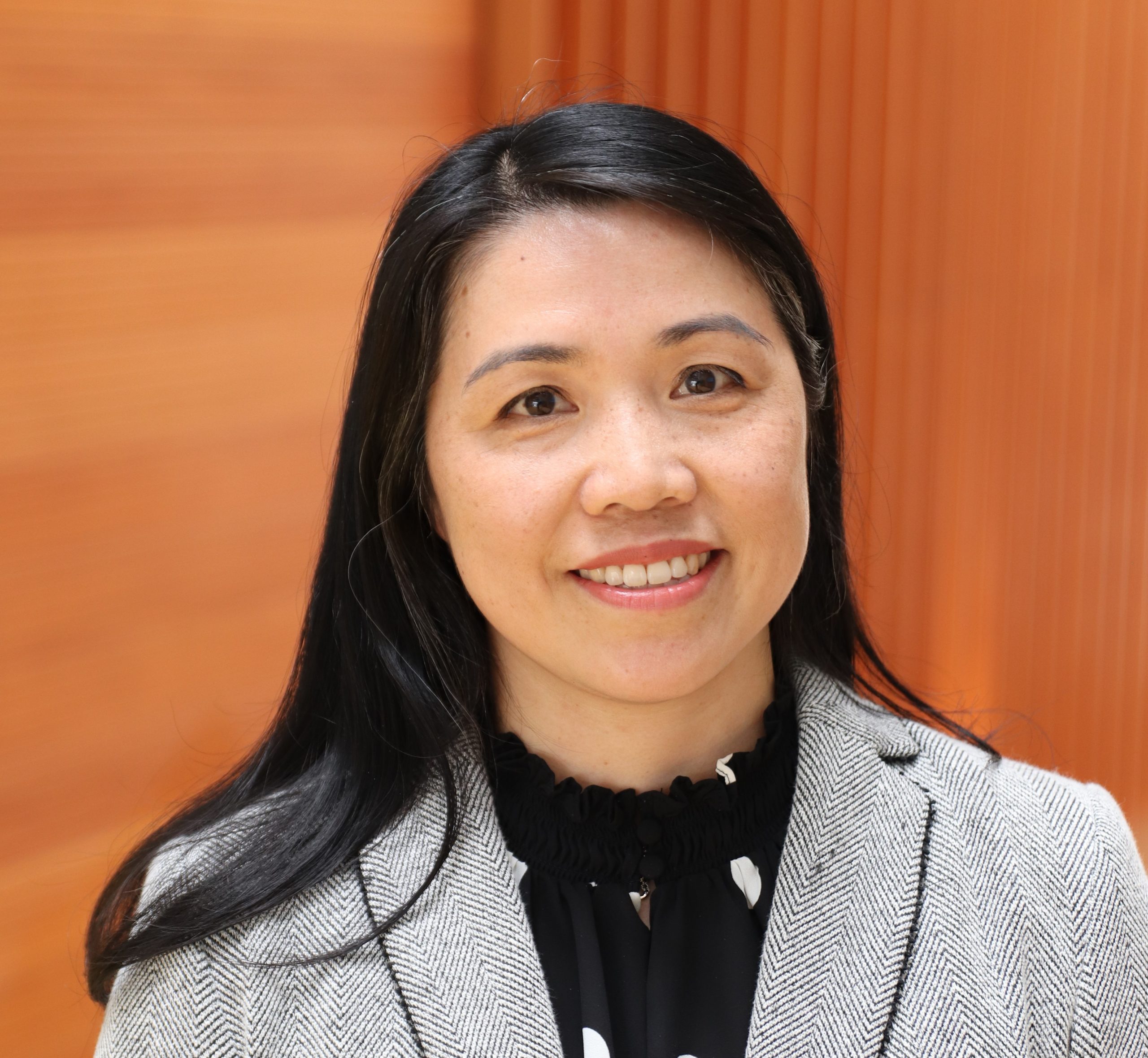
Wolfram Tetzlaff
April 20, 2018

Wolfram Tetzlaff
Dr. Tetzlaff is the Director of ICORD and a Professor in the Departments of Zoology and Surgery at the University of British Columbia. He also holds the John and Penny Ryan BC Leadership Chair in Spinal Cord Research. He obtained his M.D. at the University of Essen, completed his Dr. Med. at Ruhr-University Bochum and his Ph.D. at the University of Calgary. Dr. Tetzlaff’s ultimate vision is to combine multiple strategies to encourage nerve cells to grow and enhance recovery after spinal cord injury. His lab is working to translate research findings in restorative medicine into clinical practice.

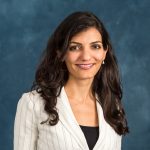
Dena Shahriari
July 4, 2020

,
Dena Shahriari
July 4, 2020

Dena Shahriari
Dr. Shahriari is a biomaterials scientist and a neural engineer and is an incoming Assistant Professor at UBC. She received her BS in Bioengineering from University of California Berkeley, MS in Chemical Engineering from Michigan State University, and Ph.D. in Macromolecular Science and Engineering from University of Michigan Ann Arbor. She was a Postdoctoral Fellow at MIT in the Bioelectronics group from 2016-2020. Dena primarily works at the interface of smart biomaterials and neural interfaces for nerve regeneration and organ augmentation after paralysis.

